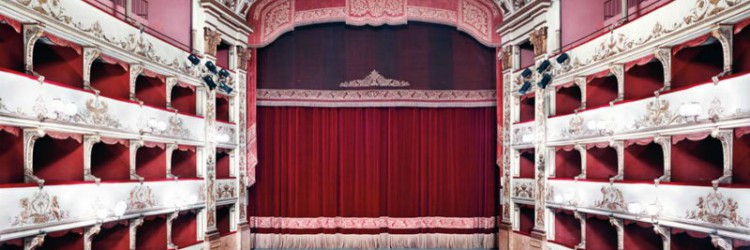Florence, UNESCO World Heritage Site, is certainly one of the ideal cities in Italy to organize your business incentive Florence. In the Middle Ages it was an important artistic, cultural, commercial, political, economic and financial center.
Nevertheless, thanks to the patronage of the Medici family, which became one of the most powerful families of the 16th century, the development of the Italian Renaissance was possible.
Needless to say, here, thanks to writers such as Dante, Petrarca and Machiavelli, Italian culture and language were born and, thanks to artists such as Michelangelo, Donatello and Botticelli, it was enriched with artistic works unique in the world.
Furthermore, Florence was also a ferment of rebellions and tensions, for years the stage of internal struggles between the Guelphs and Ghibellines, a continuous juggling between the papal and the imperial power.
Incentive Florence between past and present
Understanding history is crucial for projecting towards the future. By studying the past, we gain valuable insights that can help us make informed decisions in the present and anticipate potential challenges and opportunities in the future.
This principle also applies to our corporate incentives in this city, where we employ a training method that leverages historical knowledge to drive success.
Moreover, while Venice is renowned for its shrewd merchants, it is important to acknowledge that Florence was also home to shrewd bankers.
In fact, Florence played a significant role in the development of the European financial system. One notable accomplishment was the minting of the gold florin in 1252, which was practically the first gold coin in Western Europe.
Incentive Florence that promotes success
Basically, in today’s corporate world, we can draw valuable lessons from the history of Florence and the gold florin. Just as the gold florin provided a stable foundation for economic prosperity, our corporate incentives aim to create a reliable framework for driving success.
By applying historical knowledge and lessons, we can design and implement effective strategies that align with our organizational goals.
Additionaly, by understanding the significance of the gold florin and its impact on Florence’s history, we acknowledge the importance of stability and reliability in our approach to corporate incentives. This allows us to develop incentive programs that motivate and reward employees.
In conclusion, history provides us with valuable insights. By applying historical knowledge to our corporate incentives, we can create a framework that fosters success and aligns with our organizational goals.
As Florence was home to shrewd bankers and the gold florin, we strive to be a leader in innovation.





